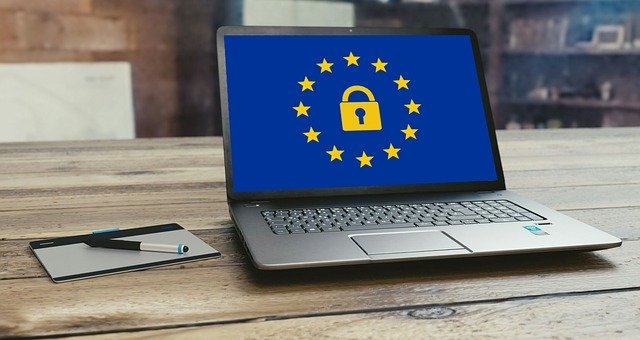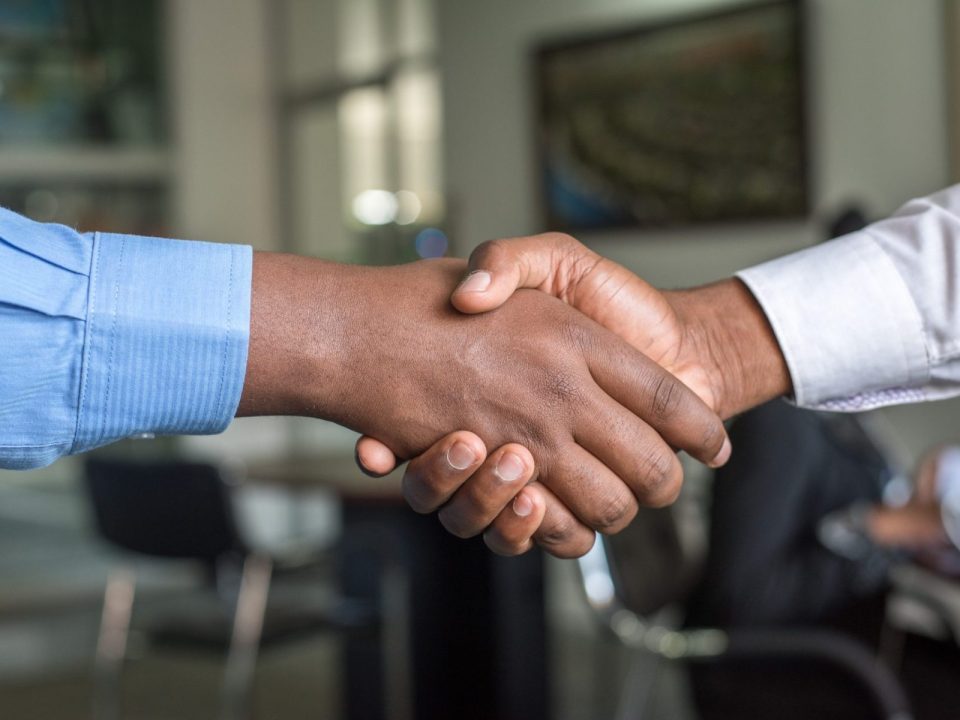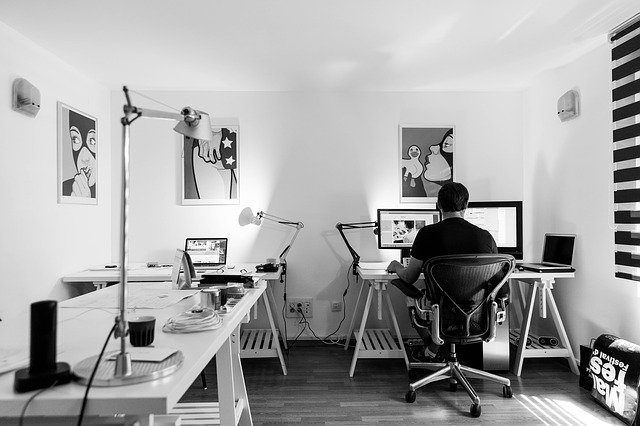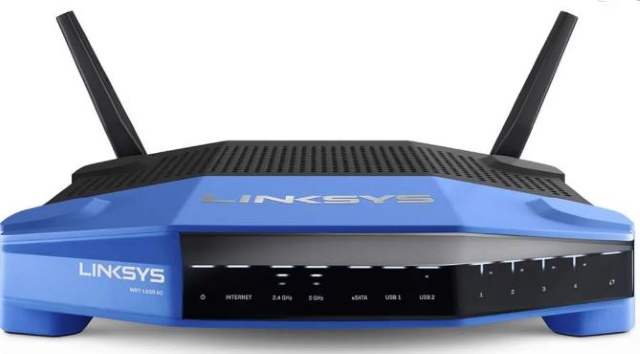Why everyone should use a VPN while online

VPNs began as a business tool for securely connecting to remote servers or computers to perform work or share files securely. As the internet grew to take up more of our lives and our personal data began to have genuine value to big business, VPNs quickly became useful at home too. If you don’t use a VPN when going online, you really should.
I’ll give you several reasons why you need to use a VPN. First, a quick overview of what a VPN actually is.
What is a VPN?
Whenever you’re online, your device is assigned an IP address. This address is vital so websites and apps know where to send the data you use. That IP address can be used to identify you and everywhere you go online.
The IP address is usually assigned by your mobile network or ISP depending on what device you’re using. As you connect to the internet via that network or ISP, they can see exactly where you go, what you do, what websites you visit, what videos you watch, what files you download and so on.
A VPN stops all that.
A VPN, Virtual Private Network, stops anyone from seeing what you do online. I like using an analogy to explain how it works. Imagine you live next to a road tunnel. You can hear the traffic driving through it but cannot see the cars. You know they are there but you cannot see them to identify them. That’s how a VPN works.
A VPN creates a secure tunnel that is encrypted with a key unique to your account. All traffic to and from your device will be sent to a VPN server. From there the traffic is decrypted and sent out onto the internet. Any return traffic from the internet to your device first travels to the VPN server in question, is encrypted and sent to your device via that secure tunnel.
All traffic that goes onto the internet is given the IP address of the VPN server and not of your device. This is a degree of separation that means you cannot be traced.
When you sign up to a VPN service, you will download a small app onto your device. Whenever you want to be secure online, you will enable the VPN through that device. Once the connection is established, all your browsing is encrypted and nobody can see what you’re doing.
Here are several good reasons why you should always use a VPN.
ISPs can sell your browsing data
ISPs have to retain your browser data for a minimum of a year and can anomymise and sell it. While it may not identify you specifically, it is still your data and is a record of your behavior while online. If you’re in the UK or EU, ISPs can sell some of your data. If you’re in the US, your browsing data and anything else an ISP can harvest is fair game.
The Investigatory Powers Act 2016
The Investigatory Powers Act 2016, or Snoopers Charter, gave the UK government and security services the power to request your entire online history for a whole year. This is why ISPs keep your data for that minimum period. That data includes browsing history, app usage, social media usage, voicemails, online conversations, chats and anything else you might do online.
You may be a law abiding citizen. You may have nothing to hide, but why should other entities have control over your data?
Mobile and WiFi security
Do you use mobile hotspots or free WiFi in venues? Then you definitely need to use a VPN!
Most hotspots and free WiFi will be open with zero security. That means you have to make your own arrangements. Anyone with the ability to listen to network traffic using simple apps can see exactly what you’re doing unless you use a VPN.
There are also honeypots to contend with. Fake WiFi hotspots run by hackers so they can capture everything you do online. Again, use a VPN and you’re safe. Don’t and you’re not.
Avoid censorship
While not such an issue in the UK or Europe, if you travel to certain countries for business or pleasure, you may find that you cannot access the breadth of content you can at home. If you use a VPN, you will be able to access your favourite websites and all the content you want.
Countries that censor content will often also have more surveillance powers than usual. Foreigners are going to be prime targets for those. A VPN can protect you from that.
Geoblocking
Geoblocking is where content is restricted depending where in the world you live. It is similar to censorship but not as insidious. Think Netflix, where US customers get much more content than British or European customers. Most online media outlets charge different rates for different countries and will only make some media available in each region.
Why should we pay the same or more for less content than another country? A VPN works around that by making it appear you’re somewhere you’re not.
Privacy
This final reason to use a VPN should now be quite clear. Your privacy is under threat and it is up to you to secure it. Companies track you wherever you go online and can sell that data for their own gain. Even if you have nothing to hide and don’t mind what people see or know about you, why should someone else profit from what is yours?
Next time I’ll walk you through how to use a VPN on computer and mobile to keep yourself safe.



